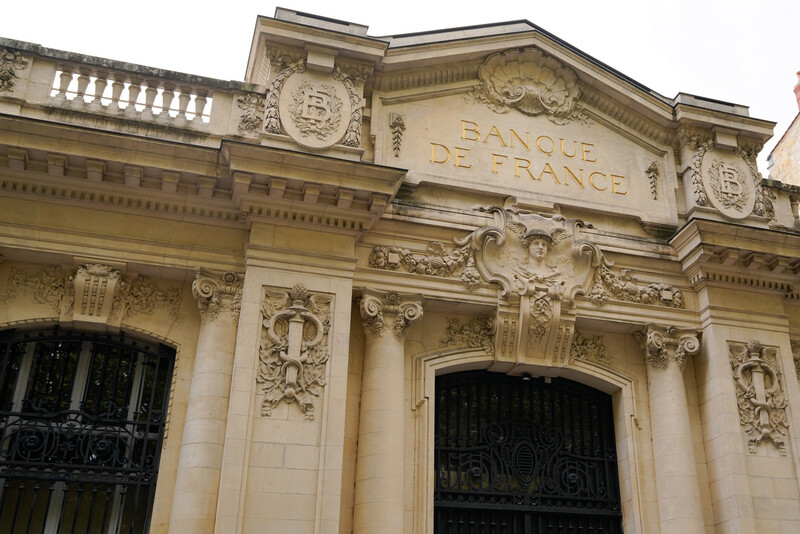Depuis le 10 janvier, la Banque de France a décidé de modifier les règles de notation servant à déterminer la situation financière des entreprises. Cette nouvelle échelle de cotation va désormais être appliquée aux 300 000 entreprises françaises notées par l’institution. Quels sont les changements à prévoir ?
En quoi consiste la cotation de la Banque de France ?
La cotation de la Banque de France a pour but d’analyser la solidité d’une entreprise, en estimant sa capacité à faire face à ses engagements financiers sur une période allant d’une à trois années. La note délivrée par l’institution a des conséquences importantes pour une entreprise, car elle permet aux banques d’évaluer les risques et conditionne donc l’obtention d’un crédit.
La cotation s’applique à toutes les entreprises dont le chiffre d’affaires annuel est supérieur à 750 000 euros. Les analystes de la Banque de France se basent sur différents éléments : ils passent au peigne fin la comptabilité de l’entreprise, étudient les crédits en cours et prennent en considération d’éventuels incidents de paiement.
Ils tiennent également compte de l’environnement de l’entreprise et de l’évolution du marché dans lequel elle s’inscrit. Ils étudient les liens financiers avec d’autres entreprises, les relations avec les fournisseurs et les clients, mais aussi la stratégie, l’actionnariat et la communication de la société, sans oublier la démarche de responsabilité sociétale des entreprises (RSE).
Pourquoi appliquer une nouvelle échelle de cotation ?
Depuis le 10 janvier, la Banque de France applique une nouvelle échelle de cotation, destinée à permettre une analyse plus fine et à s’inscrire dans une démarche d’harmonisation des pratiques au niveau européen.
L’échelle de cotation, qui comprenait jusqu’ici 13 niveaux, passe désormais à 22 niveaux pour plus de précision. L’évaluation des risques par les banques sera donc elle aussi plus affûtée, ce qui a pour but de leur permettre d’accorder ou de refuser des crédits avec davantage de discernement.
Par ailleurs, sur ces 22 niveaux de cotation, 10 permettront d’accéder au refinancement de la Banque centrale européenne, soit deux fois plus qu’auparavant. Les entreprises concernées pourront ainsi bénéficier de meilleures conditions de prêt.
Autres évolutions : les entreprises en phase de démarrage ne seront plus soumises aux mêmes exigences, et les comportements de paiement feront l’objet d’analyses plus détaillées. Selon le chef du service des offres de service à l’économie, Pierre-Yves Gauthier, les conséquences devraient être positives pour une majorité d’entreprises, en permettant d’éviter « les effets de seuil ».
Les créances douteuses seront analysées à partir de critères plus subtils, ce qui a pour but d’aider les entreprises à surmonter l’impact de la crise sanitaire. L’objectif est d’éviter une généralisation de la baisse des notes, sans toutefois que le système de cotation de la Banque de France ne perde en pertinence et en crédibilité.
